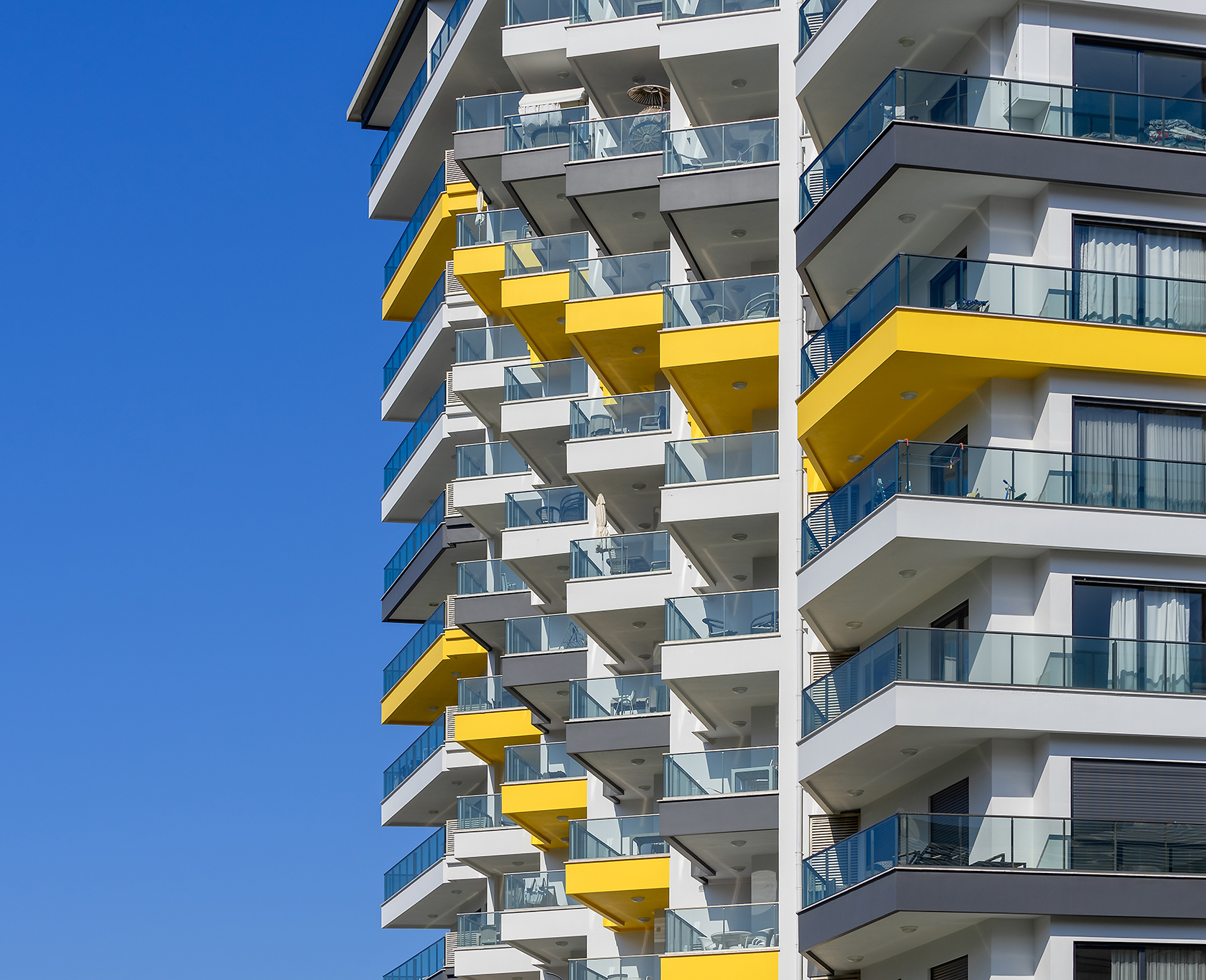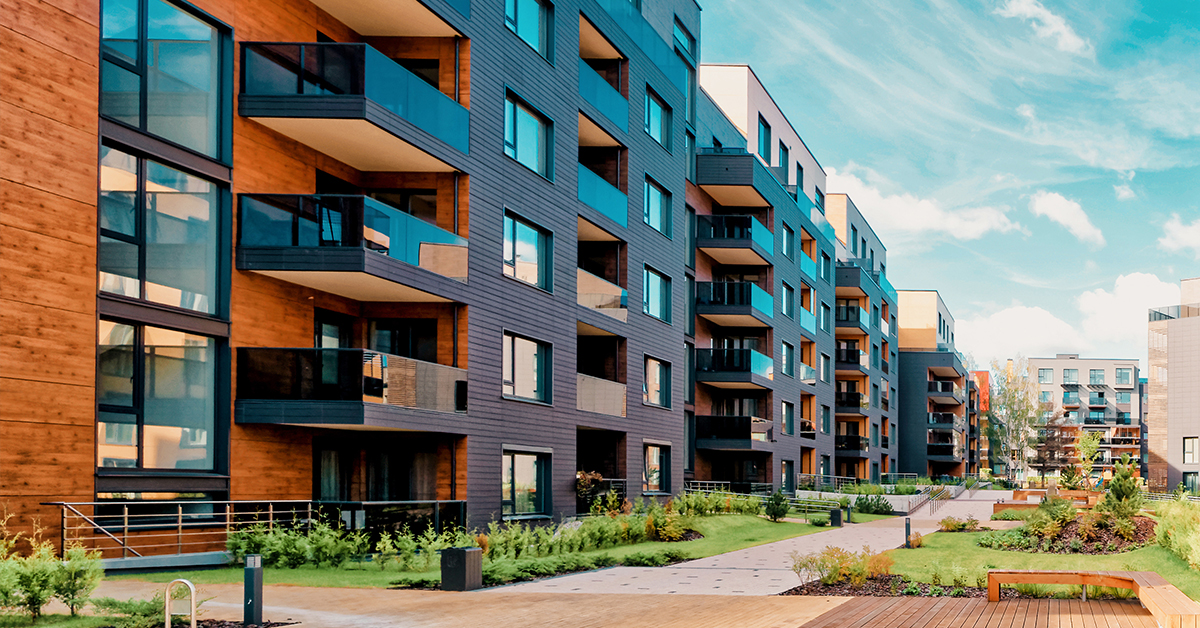Exploring the Obligations of HOA Condo Homeowners
Exploring the Obligations of HOA Condo Homeowners
Blog Article
The Role of an HOA in Establishing and Enforcing Neighborhood Guidelines for Homeowners
The duty of a Homeowners Organization (HOA) in applying and establishing community standards is basic to maintaining a cohesive and orderly residential environment - hoa condo. By formulating clear rules that govern elements such as property upkeep and community conduct, the HOA not just sets criteria for homeowners but likewise fosters a sense of belonging and liability. The execution of these guidelines can offer numerous obstacles, elevating inquiries concerning fairness, communication, and area involvement. As we explore these complexities, it becomes obvious that the influence of an HOA prolongs much past plain policy enforcement.
Recognizing Homeowners Associations
Homeowners organizations (HOAs) act as regulating bodies for domestic neighborhoods, playing a vital duty in preserving residential or commercial property worths and fostering a sense of neighborhood. Typically formed by programmers, HOAs are made up of house owners within a designated area that elect a board to supervise the organization's tasks. The key functions of an HOA include applying area rules, managing typical areas, and organizing neighborhood events.
HOAs run under a collection of controling records, including conditions, restrictions, and agreements (CC&R s), which describe the rights and obligations of home owners. These policies intend to make sure that residential properties are kept to a certain requirement, consequently safeguarding the aesthetic charm and overall value of the neighborhood. In addition, HOAs usually gather fees from homeowners to money upkeep, landscaping, and other community solutions.
The visibility of an HOA can significantly influence the living experience within a neighborhood (hoa condo). While some residents value the organized atmosphere and facilities offered, others may locate certain guidelines restrictive. Stabilizing the passions of all homeowners is crucial for an HOA to work successfully, ensuring that it offers its intended objective of enhancing neighborhood living while respecting individual house owner legal rights
Creating Area Standards

To start, an HOA ought to carry out surveys or hold conferences that permit citizens to articulate their problems and ideas. This participatory process promotes a feeling of ownership and enhances conformity. Next, the HOA board need to assess the feedback to determine common themes and concerns that require formal incorporation in the standards.
It is likewise important to make certain that the guidelines are clear, succinct, and quickly comprehended. Ambiguities can lead to disputes and misconceptions, weakening the purpose of the standards. Furthermore, the guidelines must be extensive, covering various facets of community living, consisting of building upkeep, noise degrees, and use typical areas.
Enforcement of Guidelines
Effective enforcement of community guidelines is vital for keeping order and making certain that all citizens follow the developed standards. An HOA has to implement a structured approach to apply these regulations, which frequently entails a combination of surveillance, interaction, and penalties for non-compliance.
First, routine evaluations and area patrols can assist determine offenses, making sure that rules are consistently applied throughout the neighborhood. This aggressive monitoring check this site out allows the HOA to address issues prior to they intensify, fostering a feeling of liability amongst homeowners.
2nd, clear interaction is essential. Homeowners must be notified of the policies and the treatments for reporting offenses. An open line of communication encourages citizens to voice problems and look for information on guidelines, which can enhance conformity.

Finally, when violations happen, the HOA needs to apply repercussions as detailed in the controling files. By successfully applying guidelines, an HOA can grow a harmonious living environment that mirrors the collective values of its homeowners.
Benefits of HOA Rules
Various advantages emerge from the execution of HOA guidelines, which offer to improve the top quality of life within a community. One key benefit is the maintenance of building worths. By implementing criteria for looks and maintenance, HOAs make certain that homes and common areas stay appealing, cultivating a desirable living environment that can bring about enhanced property worths in time.
In addition, HOA policies advertise consistency and uniformity within the community. This comprehensibility in design and maintenance assists to produce a sense of belonging among residents, adding to area pride and a positive atmosphere. Moreover, developed standards facilitate conflict resolution amongst next-door neighbors by giving clear assumptions and methods for habits, thus reducing conflicts.
One more considerable advantage is the stipulation of shared amenities and solutions. Several HOAs handle community facilities such as clubs, parks, and swimming pools, which improve recreational opportunities for locals. These amenities not only boost the high quality of life yet likewise urge social interaction.
Inevitably, the laws stated by an HOA grow an efficient, unified community, guaranteeing that citizens enjoy a high official website requirement of living while promoting a supportive atmosphere for all house owners.
Common Obstacles Faced by HOAs
Amidst the advantages that homeowners associations (HOAs) can offer, they also come across a range of obstacles that can hinder their effectiveness. Lots of house owners may not participate in meetings or neighborhood tasks, leading to a disconnect between the HOA board and homeowners.
Disputes can develop when citizens really feel that enforcement is inconsistent or prejudiced, possibly leading to problems within the neighborhood. In addition, HOAs commonly face economic restrictions, which can restrict their capacity to maintain common locations or fund area projects.
Furthermore, browsing lawful intricacies can be intimidating for HOAs. Changing demographics and advancing community needs call for HOAs to adjust their standards, usually satisfying resistance from long-lasting residents who are accustomed to conventional standards.
Final Thought

By creating clear regulations that regulate elements such as residential or commercial property upkeep and community conduct, the HOA not only establishes standards for residents yet additionally cultivates a feeling of belonging and responsibility.Homeowners associations (HOAs) serve as regulating bodies for household neighborhoods, playing a crucial duty in keeping residential property worths and fostering a feeling of neighborhood. Several property owners might not get involved in conferences or neighborhood activities, leading to a separate between the HOA board and residents. Advancing and changing demographics community needs need HOAs to adapt their guidelines, usually fulfilling resistance from long-lasting residents that are accustomed to traditional norms. With the growth of clear policies and consistent enforcement, Clicking Here HOAs promote home maintenance, area satisfaction, and trust fund amongst citizens.
Report this page